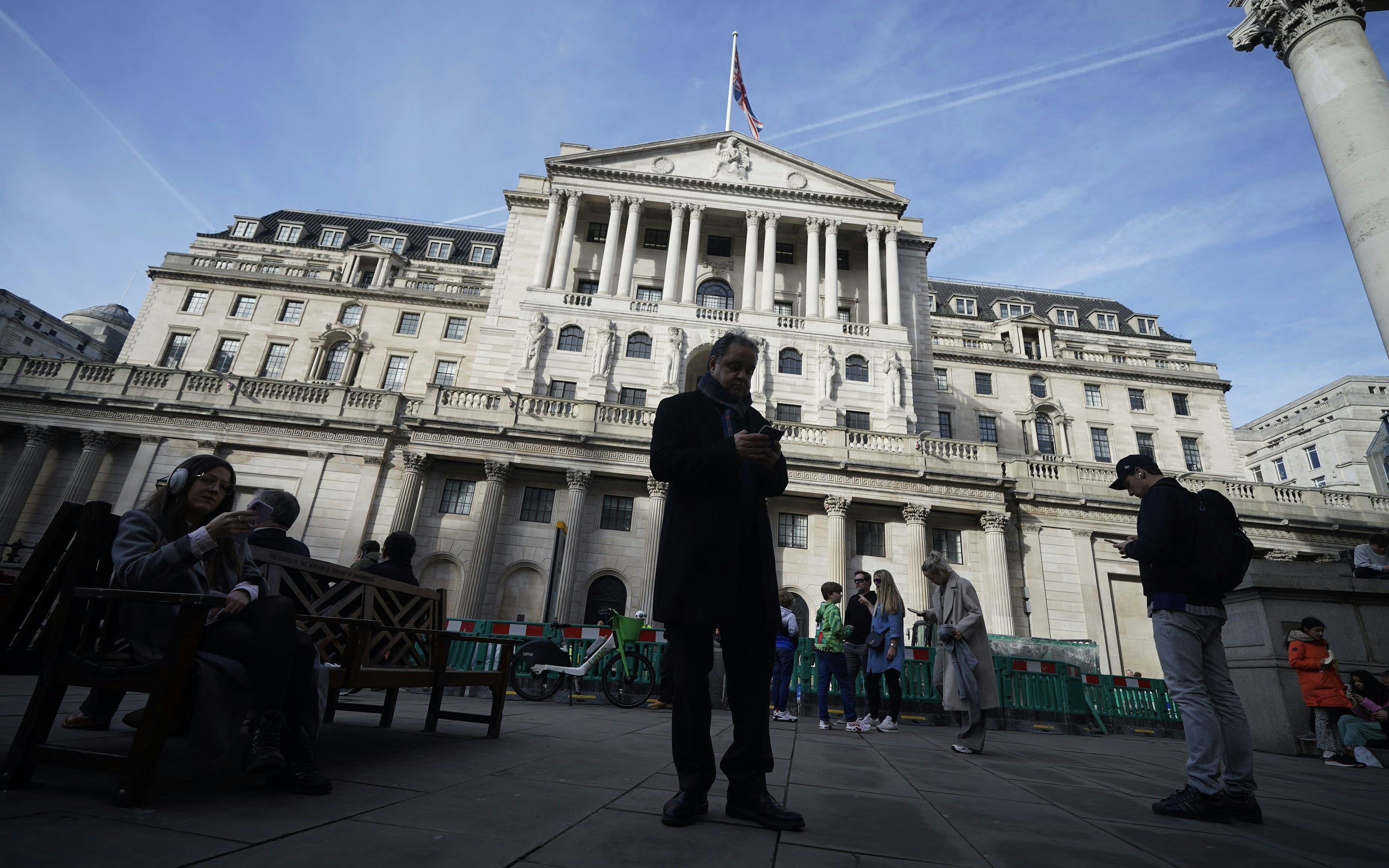Economics
Bank of England warns of increasing loan defaults among private equity-financed companies
The central bank warns: Risks in the sector with 2 million UK private employees could burden the entire economy.

The Bank of England (BoE) has noted a significant increase in loan defaults among high-risk borrowers, particularly among companies backed by private equity firms, in its semi-annual Financial Stability Report. These defaults have risen by 250 percent, which the BoE describes as a substantial challenge in an environment of higher interest rates.
Worldwide, defaults on leveraged loans rose from about 2 percent at the beginning of 2022 to around 7 percent, the BoE announced on Thursday. Approximately 73 percent of these loans are issued to companies backed by private equity firms. Although these defaults have not yet reached the 12 percent level seen during the financial crisis, the increase is concerning.
The BoE fears that the risks in the private equity sector – which supports companies that employ around 10 percent of the private sector workforce in the UK – could spill over into the rest of the economy. "The global banking system has significant exposures to PE activities. Such exposures could lead to credit losses for banks," states the report outlining the main risks for the UK economy.
Already, the BoE is urging banks and their regulators within the Prudential Regulation Authority to better understand and manage the risks associated with private equity. On Thursday, the BoE reiterated its call for lenders to increase transparency regarding valuation practices and overall debt levels.
This warning comes at a time when the UK is preparing for the parliamentary elections on July 4th. The Labour Party, which is expected to win by a majority, has set its sights on the private equity industry and plans to increase taxes on carried interest.
Assets managed by private equity groups have quadrupled to $8 trillion over the past decade, driven by record-low interest rates that funneled investor funds into the industry and made company buyouts cheaper. As a result, buyout groups have increasingly integrated into various parts of the economy and have become a lucrative source of income for banks.
The heading translates to English as:
"Due to high levels of debt, lack of transparency in valuations, variable risk management practices, and strong ties to riskier credit markets, the sector has the potential to generate losses for banks and institutional investors," the report continues.
Rising interest rates and a sluggish market for deals and IPOs have made it harder for private equity funds to sell companies or take them public. At the same time, growing investor demand for capital returns has forced firms to resort to 'unconventional approaches' such as net asset financings and dividend distributions to free up cash, further increasing the debt of the underlying assets.
The PE market has multiple financing structures and levels of debt, many of which are provided by banks. These levels of debt expose lenders to risks at the portfolio level, fund level, and end-investor level," the report states.
The BoE acknowledged that private equity groups play a "significant role" in financing British businesses and that companies held by buyout groups account for about 5 percent of the private sector's revenue in the United Kingdom.
It was also highlighted that the leverage effect of hedge funds has reached a four-year high, particularly with fixed-income relative value strategies, making them vulnerable if repo markets tighten or other companies are forced to quickly unwind positions.









